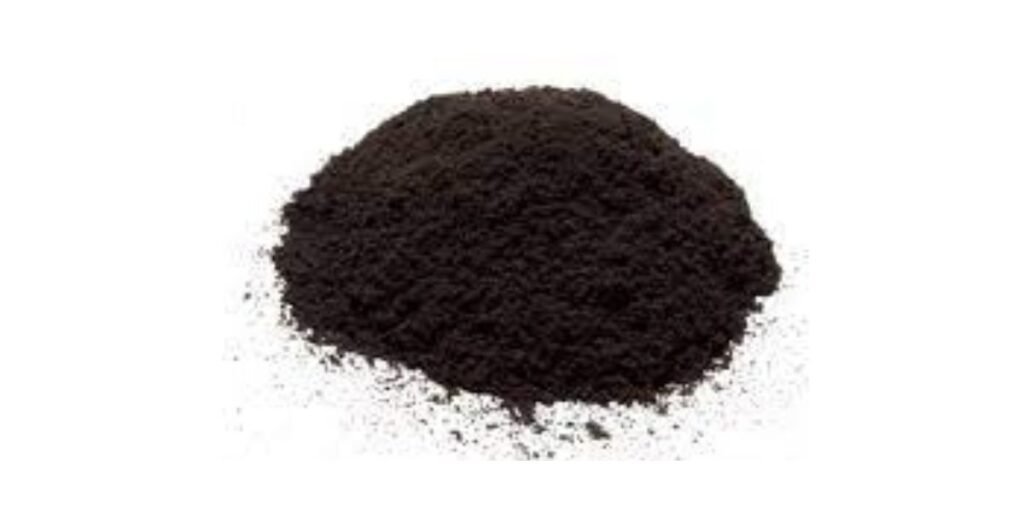Mercury has been widely used in chemistry for centuries, and one of its important compounds is Mercury acetate. This compound, often referred to as mercuric acetate, has unique chemical properties that make it valuable in various scientific and industrial applications. While useful, it must also be handled with extreme care due to its toxicity. In this article, we will explore in detail what Mercury acetate is, how it is used, its benefits, and the precautions required when dealing with it.
What is Mercury Acetate?
Mercury acetate is an inorganic chemical compound with the formula Hg(OOCCH₃)₂. It is a white crystalline solid that is soluble in water and alcohol. As a derivative of acetic acid, it contains mercury in the +2 oxidation state. This compound is typically available in both solid and solution forms, with laboratories often preferring a stable aqueous solution for controlled reactions.
One of the key reasons why Mercury acetate is widely used is its role as an oxidizing agent and a reagent in organic synthesis. It has the ability to facilitate complex reactions, making it highly valuable in scientific research.
Physical and Chemical Properties
To understand why Mercury acetate is so useful, let’s look at some of its notable properties:
-
Appearance: White crystalline solid or colorless solution
-
Solubility: Easily soluble in water and alcohol
-
Molecular Weight: Approximately 318.68 g/mol
-
Oxidation State of Mercury: +2
-
Stability: Stable under normal laboratory conditions but sensitive to light and heat
Its strong solubility and reactivity make it an important compound for use in synthesis and specialized reactions.
Applications of Mercury Acetate
Mercury acetate has a wide range of uses across industries, laboratories, and research fields. Here are the most common applications:
1. Organic Synthesis
In organic chemistry, Mercury acetate is used to introduce mercury into molecules through acetoxymercuration. This process is valuable in creating alcohols from alkenes and in several electrophilic addition reactions.
2. Analytical Chemistry
Analytical laboratories often use Mercury acetate as a reagent to test for certain functional groups and compounds. It helps in identifying the presence of specific chemical structures by undergoing predictable reactions.
3. Catalysis
Mercury acetate can act as a catalyst in several chemical reactions. It is particularly useful for promoting oxidation and rearrangement processes.
4. Biological Research
Although toxic, controlled amounts of Mercury acetate have been used in biological studies to investigate enzyme inhibition and protein interactions. Its ability to bind with sulfhydryl groups in proteins makes it a powerful research tool.
5. Industrial Applications
In industries, Mercury acetate is used for chemical processing, synthesis of intermediates, and in specialty manufacturing processes. Its oxidizing properties make it suitable for producing specific organic compounds that cannot be made easily by other means.
Benefits of Mercury Acetate in Research and Industry
Mercury acetate offers several benefits that explain why it is still in use despite its hazardous nature:
-
High Reactivity – Its ability to react with different compounds enables versatile applications in chemical synthesis.
-
Precision in Reactions – Many organic chemists rely on Mercury acetate for specific controlled transformations.
-
Wide Range of Applications – From research to industrial chemistry, this compound plays a critical role in many sectors.
-
Solubility – Its solubility in water and alcohol ensures that it can be used conveniently in various experimental setups.
Safety and Handling Precautions
While Mercury acetate is useful, it is also highly toxic. Exposure to mercury compounds can cause severe health issues, including neurological damage, respiratory problems, and kidney damage. Therefore, strict safety guidelines must be followed when handling this chemical:
-
Protective Gear: Always use gloves, lab coats, and protective eyewear.
-
Ventilation: Work in a well-ventilated area or under a chemical fume hood to avoid inhaling vapors.
-
Storage: Store in tightly closed containers away from direct light and heat sources.
-
Spill Response: Any spills must be cleaned immediately with appropriate mercury-absorbing materials.
-
Disposal: Mercury acetate waste must be disposed of according to hazardous waste regulations to prevent environmental contamination.
Environmental Impact
Mercury compounds, including Mercury acetate, are harmful to the environment if not disposed of correctly. They can contaminate soil and water, leading to long-lasting ecological damage. Aquatic life, in particular, is highly vulnerable to mercury poisoning. For this reason, many industries and laboratories follow strict protocols for waste management to minimize environmental risks.
Alternatives to Mercury Acetate
Due to its toxic nature, researchers are continually looking for safer alternatives. Some modern laboratories have shifted to less hazardous compounds for organic synthesis. However, in certain specialized reactions, Mercury acetate remains unmatched, making it difficult to replace completely.
Why Mercury Acetate Still Matters Today
Despite health and environmental concerns, Mercury acetate continues to play an important role in modern science. Its precise reactivity makes it essential for certain experiments and industrial processes where substitutes are not effective. Researchers who handle it with care and follow safety regulations can continue to benefit from its unique properties.
Conclusion
Mercury acetate is a powerful and versatile compound that has contributed significantly to chemistry and research. From organic synthesis to industrial applications, it continues to hold an important place in laboratories and production facilities. However, its toxic nature requires that it be handled responsibly with strict adherence to safety guidelines.
By understanding both its benefits and risks, industries and researchers can make informed decisions about using Mercury acetate in their work. With proper handling and disposal methods, this compound remains a valuable tool in the advancement of science and technology.







